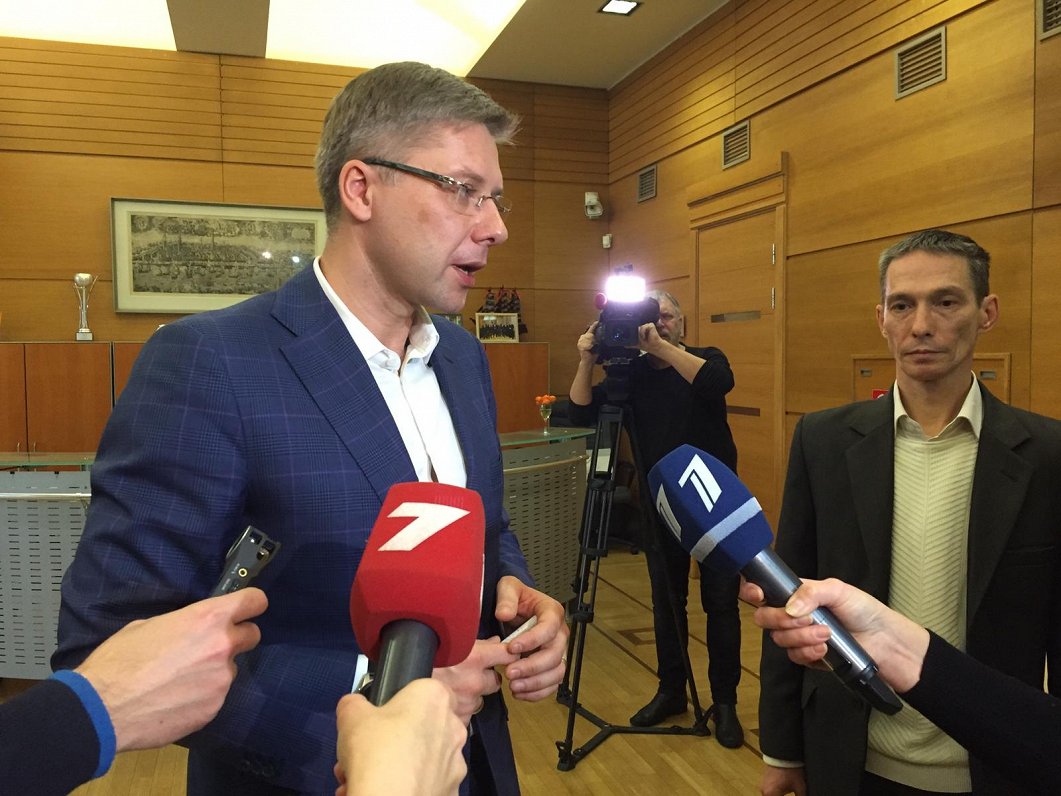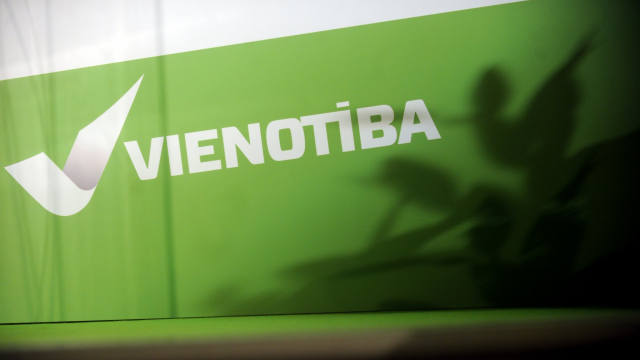Two prominent politicians, Rīga mayor Nils Ušakovs (himself a former journalist) of the Harmony party and Aldis Gobzems (until recently the prime ministerial hope of the KPV LV party) have both failed in their efforts to bring criminal proceedings for defamation against the journalists of Re:Baltica during the last twelve months.
Ušakovs turned to the police because of a story in March, 2018, which said at least €8 million of taxpayers' money had been spent on "polishing his image."
Later in the year Gobzems complained about the publication of allegations that he is covertly supported by controversial former politician and entrepreneur Ainārs Šlesers.
Police dismissed both claims, and it is this process of having to get police involved to decide if a criminal case needs to be investigated and compiled that makes the law problematic, according to Re:Baltica.
"Re:Baltica calls on the new parliament to abide by the recommendations of the international organisations to remove defamation from the list of the criminal offenses. The difference between civil and criminal defamation cases is that in the latter case the evidence is collected and case built by police, while in civil proceedings claimant must do it himself. It both wastes police’s time and public money, as politicians often use this tool only for their publicity and loose interest in the process afterwards. Similarly, unjustified claims are wasting journalists’ time and resources that could be devoted to investigating more important issues," Re:Baltica said.
The group added that the Organization for Security and Cooperation in Europe's Office for Democratic Institutions and Human Rights (OSCE/ODIHR), while assessing Latvia's October 6 parliamentary election process, concluded that "A hostile atmosphere towards the media marked the campaign. Some ODIHR EAM interlocutors expressed concern about politicians’ increasing trend to publicly discredit journalists. Politicians often spoke in a derogatory or inflammatory manner about journalists or the media, which contradicted basic international standards on freedom of expression."
"Previous ODIHR recommendations on concentration and transparency of media ownership remain unaddressed... 6 Contrary to international standards, defamation is still a criminal offence," the report said.
Paragraph 47 of UN HRC General Comment No. 34 prescribes that “state parties should consider the decriminalization of defamation and, in any case, the application of the criminal law should only be countenanced in the most serious of cases and imprisonment is never an appropriate penalty.”





























